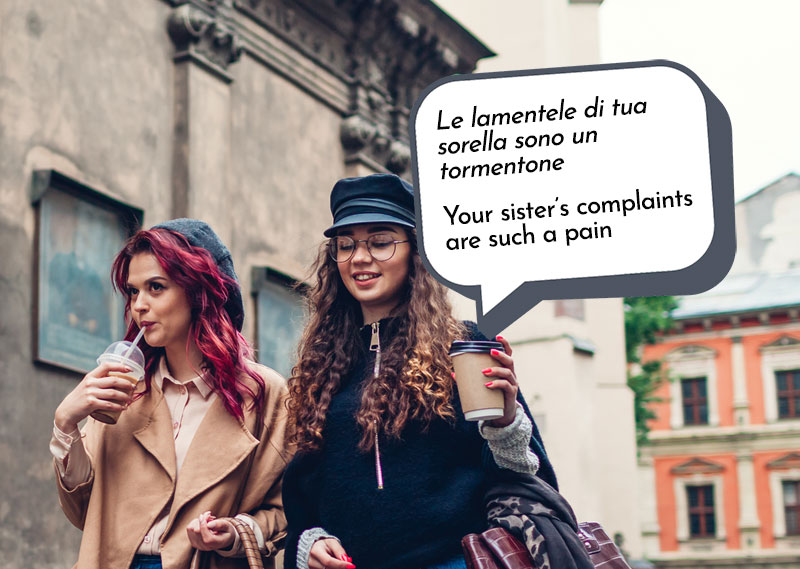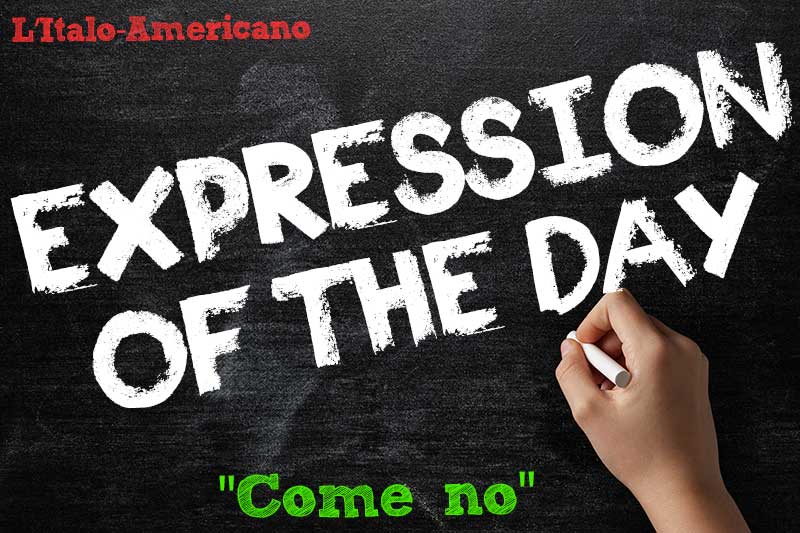In Italy, there isn’t a word as typical of Summer as tormentone (tohr-mehn-toh-nai). Our dictionaries say the word, which comes from the verb tormentare (to torment, to plague) and began being used commonly in the early ‘80s.
Tormentone is something that is so popular, so common and widespread to turn into a torment. And quite a big one at that, as the augmentative ending -one testifies.
But why is tormentone such a Summer word, you may ask. Quite simple: in Italy, there is nothing as typical of the hot season as its tormentone estivo, the song you hear constantly and everywhere, from June to September.
Radio? Check. Popular ice cream TV commercials? Check. Beach Clubs? Check. A proper Summer tormentone gets into your head and you don’t even notice it: you find yourself singing it or whistling it while taking your morning shower without having listened to it on Spotify once.
During the rest of the year, tormentone is anything — from a topic popular on national media, to the song that wins Sanremo — that recurs so often to become a cliché. It can also be used when we talk about something so repetitive it has become annoying.
Tormentone can also be purposely crafted: this is the case, for instance, of comedians’ catchphrases, or of slogans in advertisement.
But in Italy, we love our tormentone estivo the most: in the end, you may loathe it, but it’ll always remind you of the holidays.

Cosa ne pensi di quella canzone? E’ il nuovo tormentone dell’Estate!
What do you think of that song? It’s this year’s Summer hit!

Le lamentele di tua sorella sono un tormentone.
Your sister’s complaints are such a pain.

“Lo faccio domani” è il tuo tormentone!
“I’ll do it tomorrow” is your catchphrase!





























